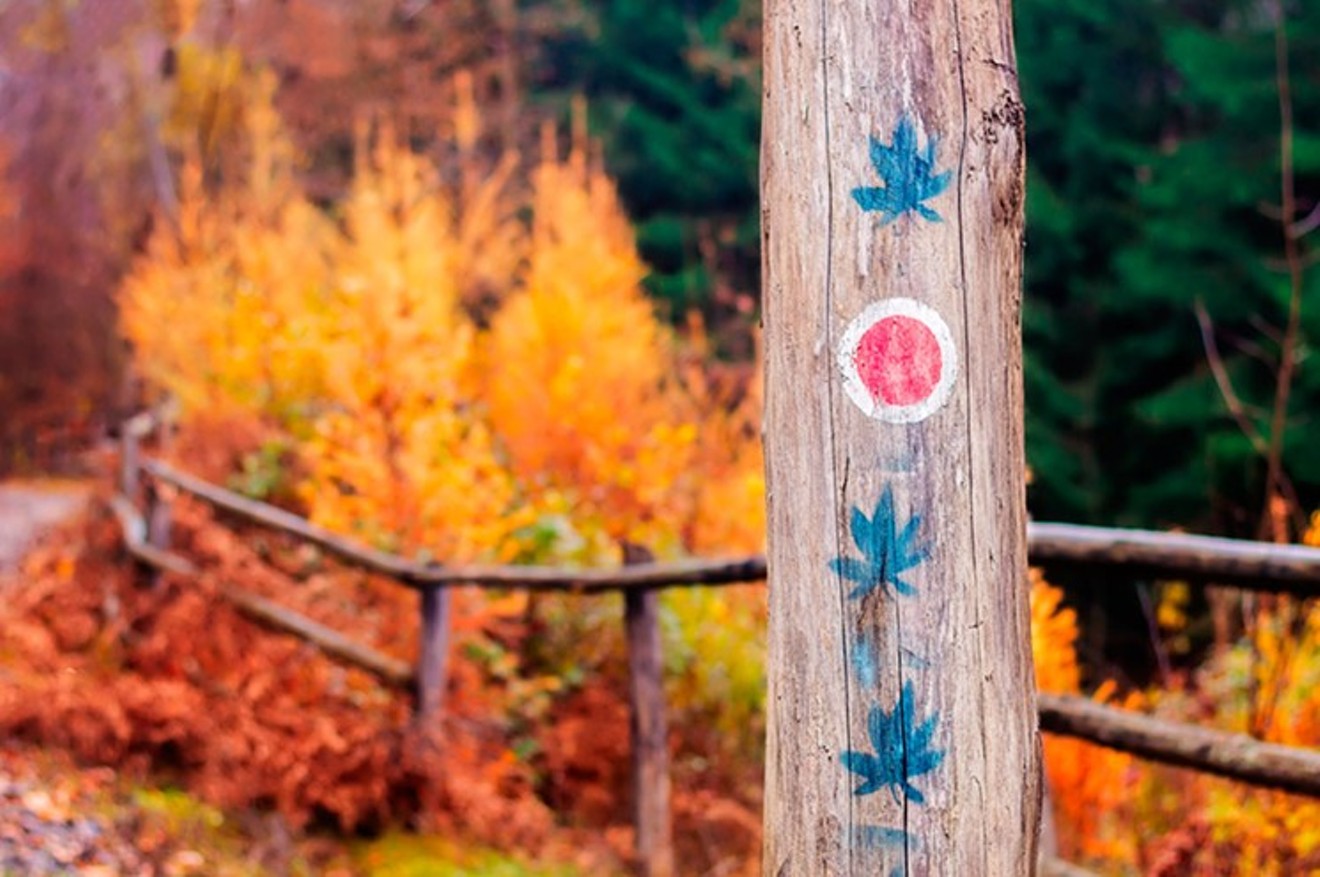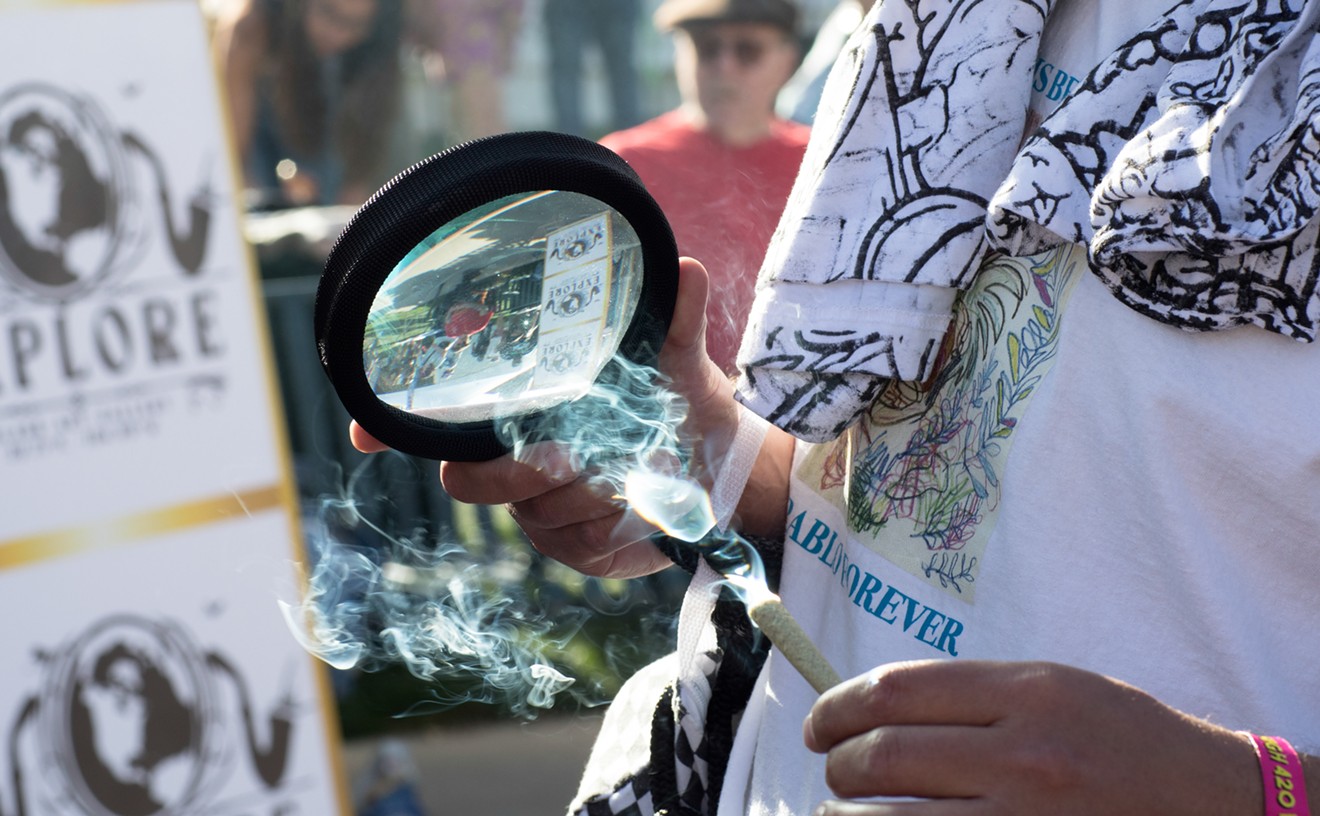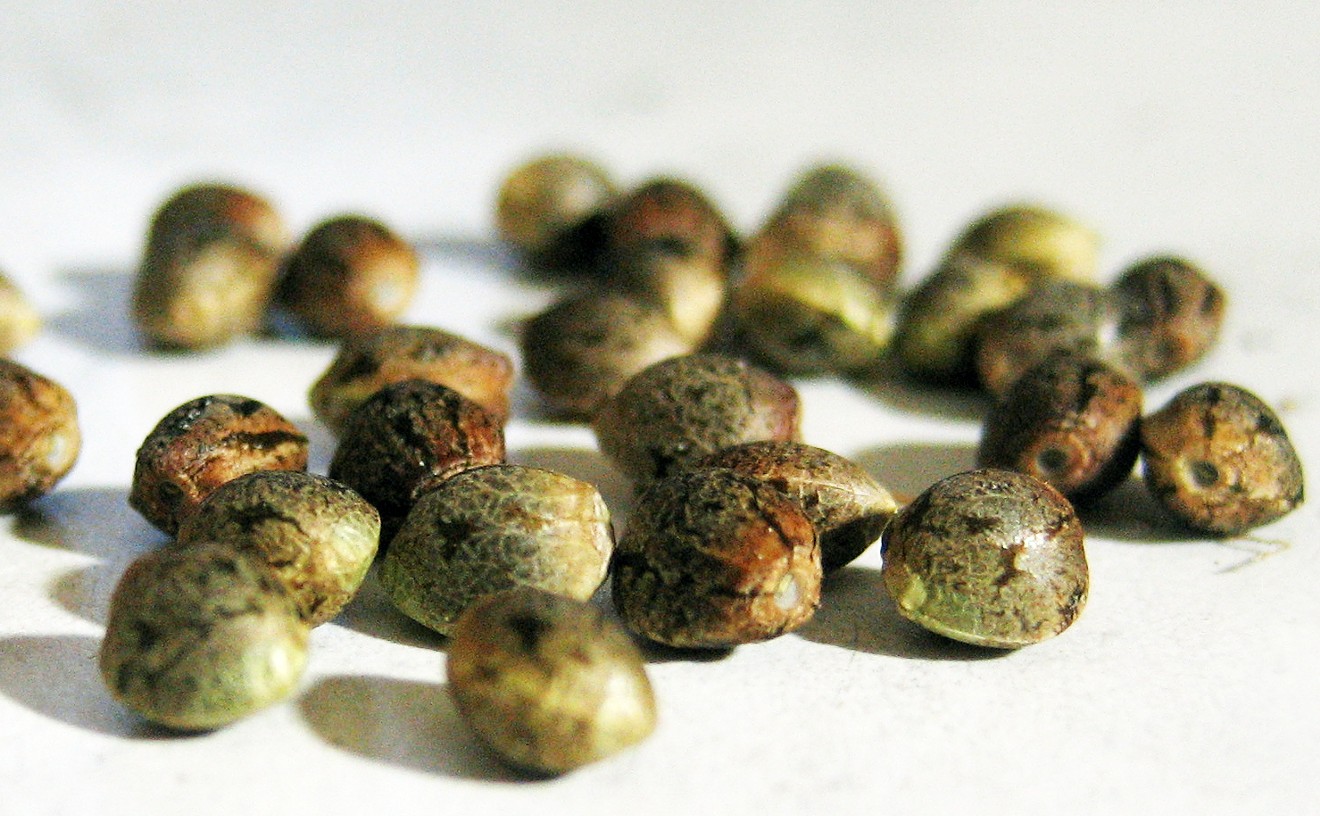Using cannabis isn't considered much of an environmental danger, but there are still ways we can improve consumption as legalization becomes more mainstream. As reports of illegal cannabis grows in national parks harming the environment and the legal industry's thirst for renewable energy continue to surface, it's becoming clear that both consumers and cannabis-industry reps will have to push together for better environmental stoner habits.
To help make sure your cannabis carbon footprint is nothing more than the smoke you're blowing in the air, here are five ways to be a more eco-friendly stoner.
Recycle those weed bottles
One underrated benefit of legalized cannabis is no longer having to house your newly bought buds in sandwich bags, cellophane or old prescription pill bottles (which is breaking the law, technically), all of which let air and light in too easily and fill landfills. The majority of dispensaries use recyclable plastic bottles, however, with several pot shops carrying bins where you can drop them off like grocery bags. You don't even need to visit those bins to recycle most of them, though, as they're accepted by city recycling programs — so don't throw them in the trash!
...and vaporizer batteries
Rechargeable batteries are also recyclable and actually considered hazardous waste by the City of Denver because of the various metals and acids they contain. Lithium batteries, responsible for powering the handheld vaporizers sold at virtually every dispensary and vape shop in Colorado, are no exception. If you don't lose them first, those batteries should be recycled properly by disposing them for free at one of dozens of drop-off spots around town, which include stores with several locations like Batteries Plus, Battery Giant and Lowe's.
Stop flicking your roaches
This is something everyone can and should get behind. I'm enraged when my roommates flick their cigarette butts in my front yard or in public, especially with the amount of ashtrays and trash cans available. It's rude to people around them and it's blatant littering. Joint and blunt roaches are no different, and should be disposed of in the same manner. Considering how many beautiful parks and public lands there are to visit in the state — and how many of us like to toke up when we visit them. It's time for smokers to adopt the "pack in, pack out" mantra. And do we even have to mention wildfire danger? We live in a very dry, hot place that gets drier and hotter every year; you do the math.
Non-toxic glass cleaning
Keeping smoking utensils clean of tar is important for regular users, as it ruins the flavor, clogs the pieces and smells like burnt weed all day. Although classic glassware cleaning supplies like isopropyl alcohol, acetone, Epsom salts and other chemical cleaners are easy to find and continue to get the job done, they contain volatile organic and synthetic compounds that aren't always safe for drains and the earth's water table. Some glass-cleaning products, such as Resolution, claim to use eco-safe ingredients that can be reused several times before disposing. PBW, a powder used for cleaning brewing equipment, is also very effective on glassware when mixed with water. It's affordable, requires less than a teaspoon to clean your bong, and reduces chemical and biochemical oxygen demands in wastewater.
Grow in a greenhouse
We know this isn't the most realistic option on the list, but it could be the most powerful. Growing cannabis outside in an open, farm-like setting is virtually impossible for residential properties, while growing inside requires vast amounts of electricity and ventilation that damages both your wallet and the environment. Although sustainability practices are slowly promoting alternative power sources within the cannabis industry, the electricity used to power those warehouse cultivations in Denver nearly tripled from 2013 to 2016, accounting for nearly 4 percent of the city's overall energy use.
So what can you do to help? Use a greenhouse instead. The private enclosure satisfies the required privacy in Colorado's home-growing laws, it can save money by severely cutting back in energy use and taking advantage of light deprivation techniques — and it's way better for the environment than using hydroponics.
[
{
"name": "Air - MediumRectangle - Inline Content - Mobile Display Size",
"component": "12017618",
"insertPoint": "2",
"requiredCountToDisplay": "2"
},{
"name": "Editor Picks",
"component": "17242653",
"insertPoint": "4",
"requiredCountToDisplay": "1"
},{
"name": "Inline Links",
"component": "18838239",
"insertPoint": "8th",
"startingPoint": 8,
"requiredCountToDisplay": "7",
"maxInsertions": 25
},{
"name": "Air - MediumRectangle - Combo - Inline Content",
"component": "17261320",
"insertPoint": "8th",
"startingPoint": 8,
"requiredCountToDisplay": "7",
"maxInsertions": 25
},{
"name": "Inline Links",
"component": "18838239",
"insertPoint": "8th",
"startingPoint": 12,
"requiredCountToDisplay": "11",
"maxInsertions": 25
},{
"name": "Air - Leaderboard Tower - Combo - Inline Content",
"component": "17261321",
"insertPoint": "8th",
"startingPoint": 12,
"requiredCountToDisplay": "11",
"maxInsertions": 25
}
]














